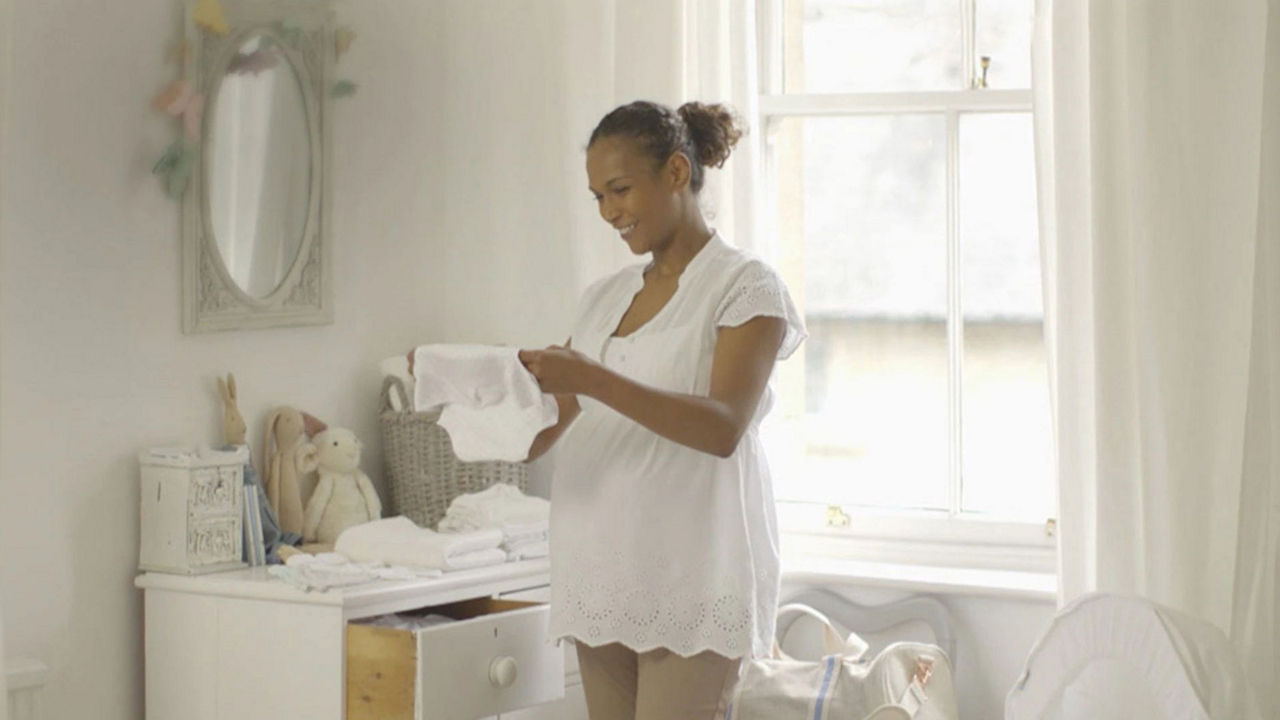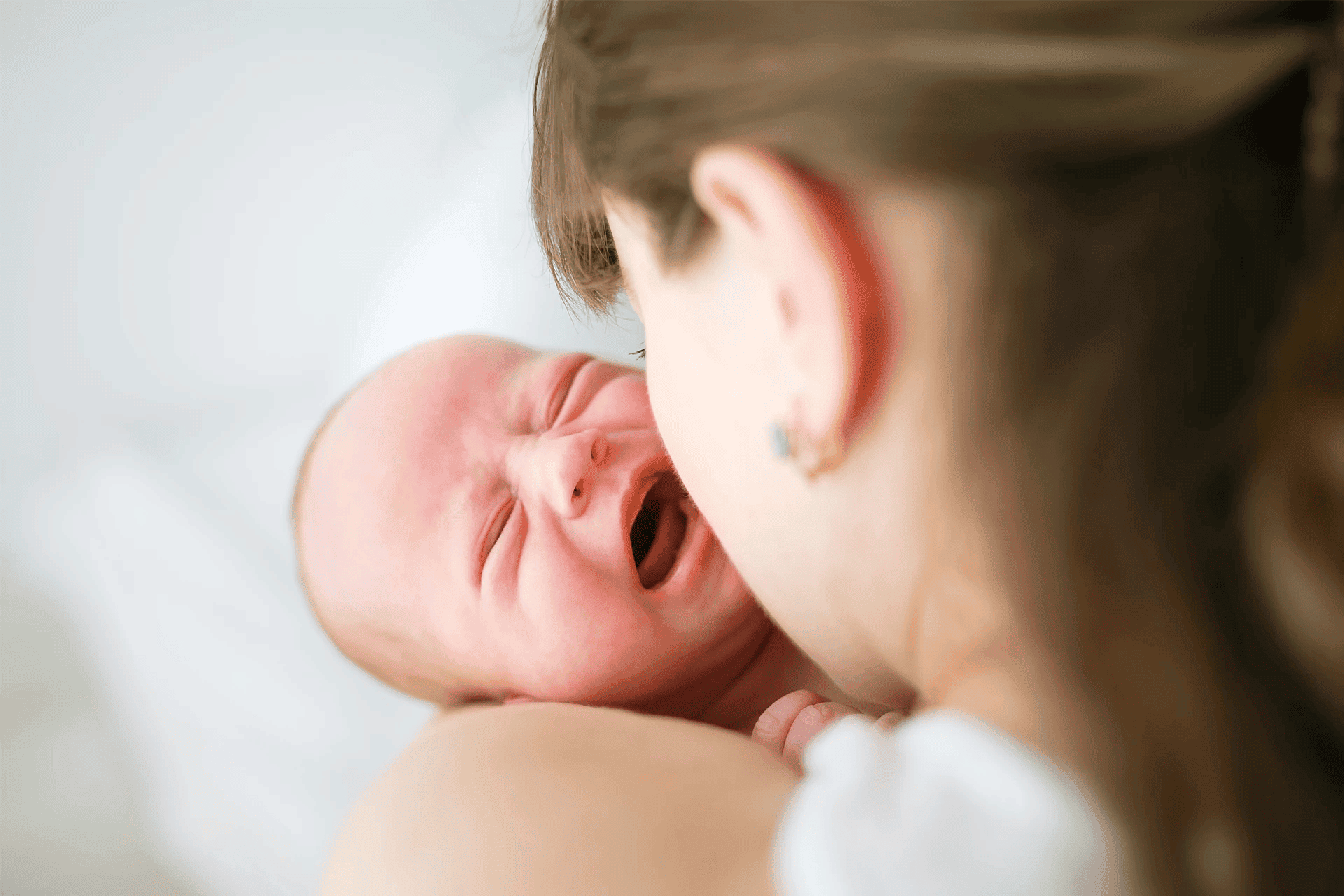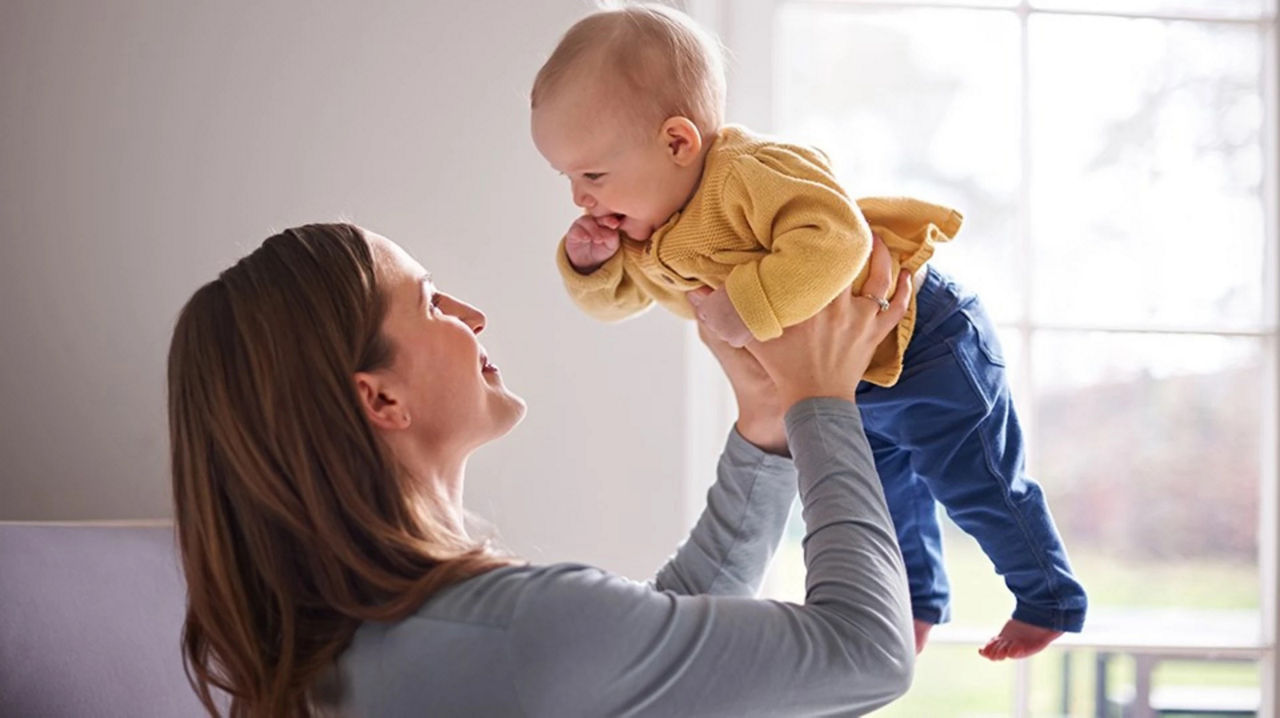While you may be keen to learn your baby’s gender, your sonographer will have other priorities. Find out about the purpose of your 20 week scan, and which conditions or anomalies they’re looking for.
20 week scan: Your gender scan guide
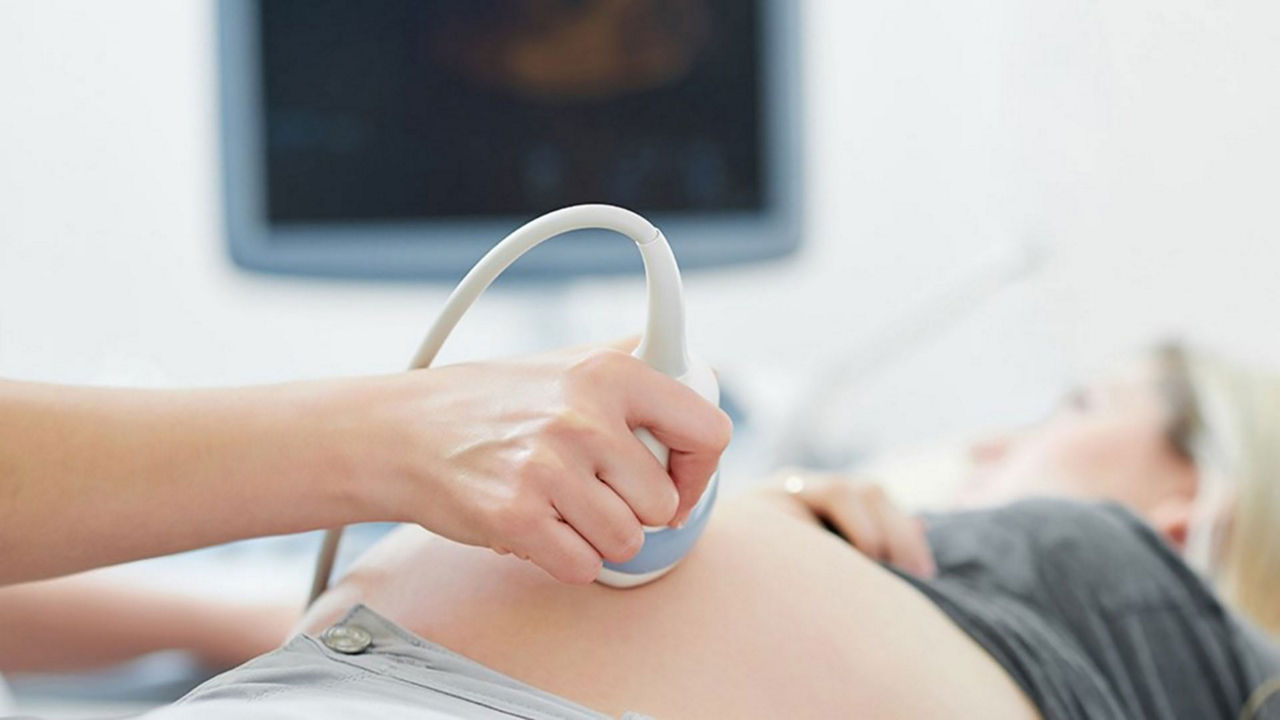
Your anomaly, or gender scan
At around 20 weeks pregnant you’ll be booked in for an anomaly scan, also referred to as a gender scan.
This scan may take place at any time between weeks 18 and 21 of your pregnancy and as the scan name suggests, its primary purpose is to carry out a detailed examination of your growing baby to identify any concerns (‘anomalies’) with their development.
Whilst the primary focus of the 20 week scan is to detect any abnormalities, it may also be possible for the sonographer to identify your baby’s gender. If you’re keen to know the sex of your baby, try to remain patient and wait for the sonographer to carry out an accurate assessment of your baby’s development, which is their main priority. If you’d prefer your baby’s gender to remain a secret, let your sonographer know before they begin.
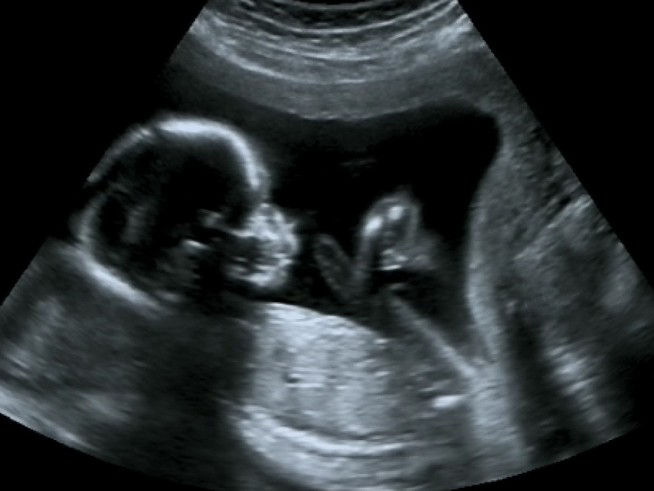 As your baby has grown considerably, you will be able to see distinguishable features such as hands and toes and the shape of their face with much greater clarity.
As your baby has grown considerably, you will be able to see distinguishable features such as hands and toes and the shape of their face with much greater clarity.
The scan procedure at week 20 is much the same as your 12 week scan. As your baby has grown considerably since then, you will be able to see distinguishable features such as hands and toes and the shape of their face with much greater clarity. Seeing your baby so clearly can be magical.
Getting a closer look
To check for anomalies during your 20 week scan the sonographer will take a closer look at your baby’s bones, organs, spinal cord, face and overall body shape and position. In particular, they will look for 11 rare conditions that can usually be treated during pregnancy or after birth.
These 11 conditions are listed below:
- anencephaly
- open spina bifida
- cleft lip
- diaphragmatic hernia
- gastrochisis
- exomphalos
- serious cardiac abnormalities
- bilateral renal agenesis
- Lethal skeletal dysplasia
- Edwards' syndrome, or T18
- Patau's syndrome, or T13
In some very rare but serious cases it might be that there is no treatment available and there is a risk of death to your baby during or soon after pregnancy. If your scan does indicate a potential problem, you may be asked to attend further scans and tests.
If you have questions about your scan or your scan results, speak to your midwife.
Related articles

Get in touch with our Careline experts
Our nutritionists and feeding advisors are always on hand to talk about feeding your baby. So if you have a question, just get in touch

